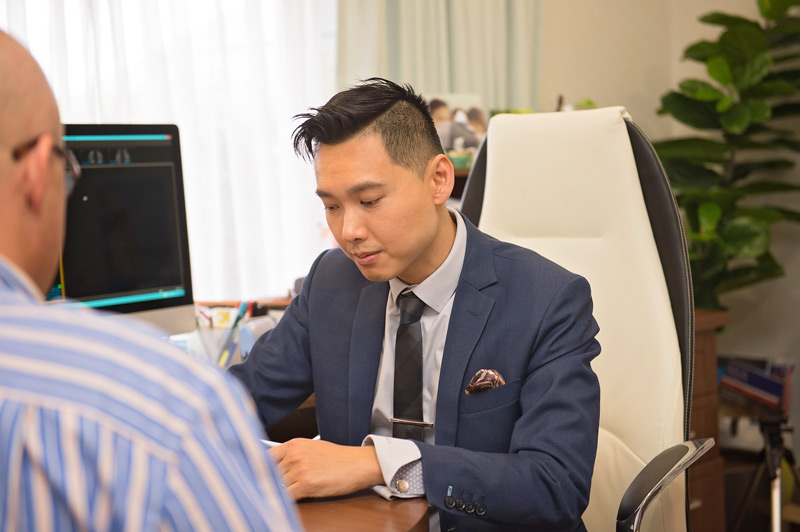Eat healthily
A healthy balanced diet containing a variety of foods, including plenty of fresh fruit and vegetables, will help to ensure that your body has all of the nutrients it needs to heal.
Stop smoking
By not smoking – even if it’s just for the time that you’re recovering – you immediately start to improve your circulation and your breathing – not to mention a whole list of other benefits to the heart and lungs.
Family and friends
Family and friends can give you two important things:
- Practical help with the tasks you might temporarily be unable to do while you recover – such as driving, cleaning, the weekly shop or lifting heavier items.
- Emotional support – it’s important to talk to your family and friends about how you feel. Sharing your concerns with close friends and family can help your recovery.
Keep a routine
Get up at your normal time in the morning, get dressed and move about. If you get tired, rest later.
Exercises
It’s important to move around as soon as possible after surgery and follow your doctor’s advice on getting active again. Gentle movement encourages blood to flow and your wounds to heal, and will build up strength in your muscles.
You may receive information about specific exercises before your operation – these will aid in your recovery, and stop your joints becoming stiff. It is important to continue these at home for as long as you are advised. It’s possible that some you may also need to receive additional physiotherapy after your operation.
Preventing blood clots
Measures to prevent clots in the leg need to be taken following your operation, sometimes continuing for up to 6 weeks. A range of options is available and your surgeon will advise on what is best for you.
Build up gradually
Have a go at doing some of the things you’d normally do, but build up gradually. Obviously, everyone recovers at a different speed, so listen to what your body is telling you.
As you build up your activities, you may feel more tired than normal. If so, stop and rest until your strength returns. If you feel pain, you have probably just overdone it a little. Ease back and then gradually increase again. If you are concerned, consult your GP or your breast care nurse.
